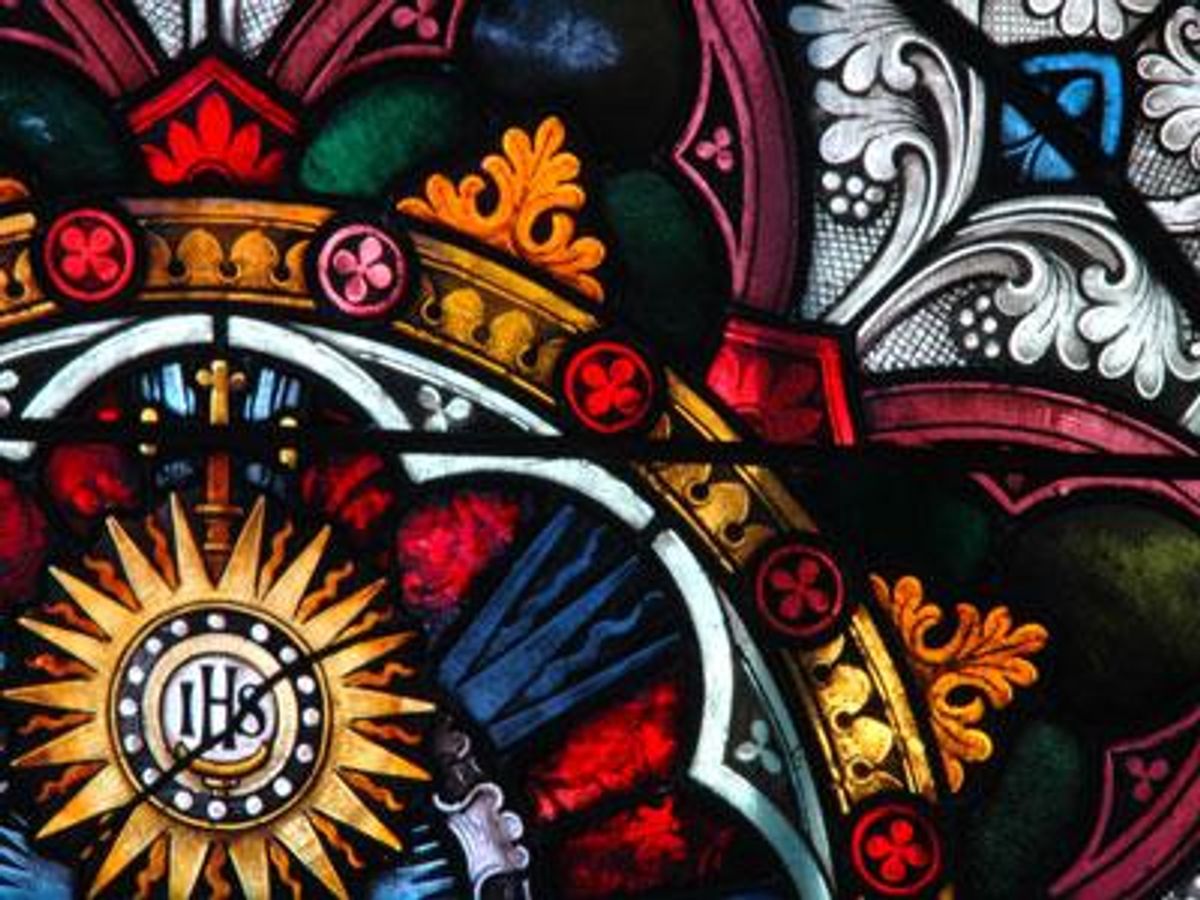
To be gay and Catholic, one must believe in miracles.
October 07 2013 4:26 AM EST
November 17 2015 5:28 AM EST
dnlreynolds
By continuing to use our site, you agree to our Private Policy and Terms of Use.

For nearly a decade, I was an altar server at St. Lawrence, a Roman Catholic church in the New Jersey suburbs. From the age of 7, I became accustomed to not only attending weekly Mass, but also being an active participant. I carried the crucifix during the processional. I burned incense. I handed the priest the bread and wine that, before my eyes, would be transformed into the body and blood of Christ.
This invisible transformation, known as transubstantiation, is one of the many aspects of my faith that raises the eyebrows of nonbelievers. It also displays an inherent trait of Catholics: From the holy-water moment of our baptism, we are taught to believe in miracles.
As I grew older and taller, and my white robes began to cover less and less of my legs, I began to realize that I was attracted to Matthew, Mark, Luke, and John (in the biblical sense, indeed). At the time, it was a horrifying revelation. As I prepared for confirmation, the sacrament that asks a young person to pledge himself or herself to the church, I considered my sexuality to be an insurmountable obstacle in admission to the fold. My confessions to my priest were filtered, centered around white lies, while my darkest betrayal remained locked away.
It was around this time that something miraculous occurred. I began to undergo my own invisible transformation in Antioch, a youth group for teenage Catholics. Twice a year I would pack a small duffel bag and head for a weekend retreat in our church's basement in order to bond with other young people. A large part of this weekend involved talks in which members would share personal and intimate stories. The topics were those that I had never heard discussed, even in private with my closest friends: alcoholism, suicide, bullying, domestic abuse, and more. For the first time in my life, I had entered a circle where I was entrusted with the secrets of others. Through Antioch and my church, I received one of the most powerful and most influential lessons of growing up -- the cognizance that other people struggle with pain, and the responsibility of a community to help its members overcome it.
Until Antioch, I had only shared the secret of my sexual orientation to one or two close friends. To go public was entirely outside the realm of possibility. What good would it do, I questioned at the time, other than cause heartache for my family and bring shame and social ostracism upon myself? However, by hearing the talks of the other young people in my church on how they suffered and survived, I gained courage. I began to realize that sharing my story would serve a purpose. In my heart I knew that other people in my group must be going through the same struggle, or they knew or were related to a person in the same situation. With this in mind, I decided that I would come out to my church. I believed that it was what God wanted me to do.
"God doesn't make junk," I remember telling a chapel crowded with over 100 people. And I came out to them. The rest is mostly a blur. But to my surprise, no stones were thrown. After my speech, I received over 100 embraces from Catholics, including my priest, and they all told me they loved and supported me. It was a singular experience. More than any other time in my life, I felt a grace and a closeness to something that I can only describe as divine.
It is not easy to be a gay Catholic. I often face criticism from friends and members of the LGBT community, who question how I could ever support a faith that is so unsupportive of me and of women -- one that has betrayed its own mission by harboring those who harm children. It is a hard question to answer. Today, it seems as though there are more than enough good reasons to lose faith and not many to keep it.
But the truth is, the Catholic Church is a large part of the reason I am an openly gay man today. It has helped me to become a better person. Perhaps my experience is the exception rather than the rule, but I can't help but believe that the love and support I received in the room that day -- and that I continue to receive from my Catholic friends -- outweigh the words of old strangers in Rome. I have yet to find sufficient reason to abandon the faith that has guided my parents, grandparents, ancestors, and myself toward a brighter star.
Recently, Pope Francis made headlines by castigating the Roman Catholic Church for being "obsessed" with the issue of gay marriage. "We have to find a new balance," he said, "otherwise even the moral edifice of the church is likely to fall like a house of cards."
For a gay Catholic, the words of the new pope are reason to be hopeful. Perhaps, in my lifetime, the church will recognize the sanctity of same-sex marriage. Perhaps not. In the meantime, I have to reach my own new balance of faith and love. I am gay. I am Catholic. And after all, miracles happen every day.
DANIEL REYNOLDS is the editorial assistant at The Advocate. Follow him @dnlreynolds.